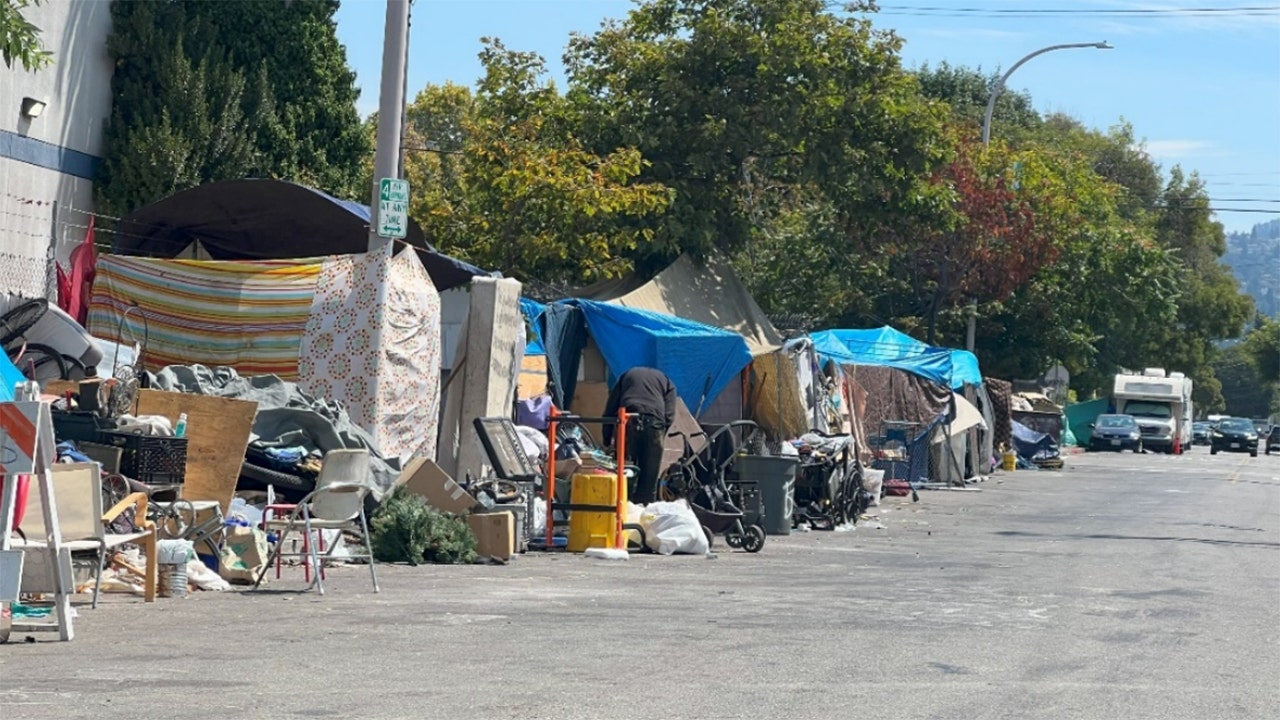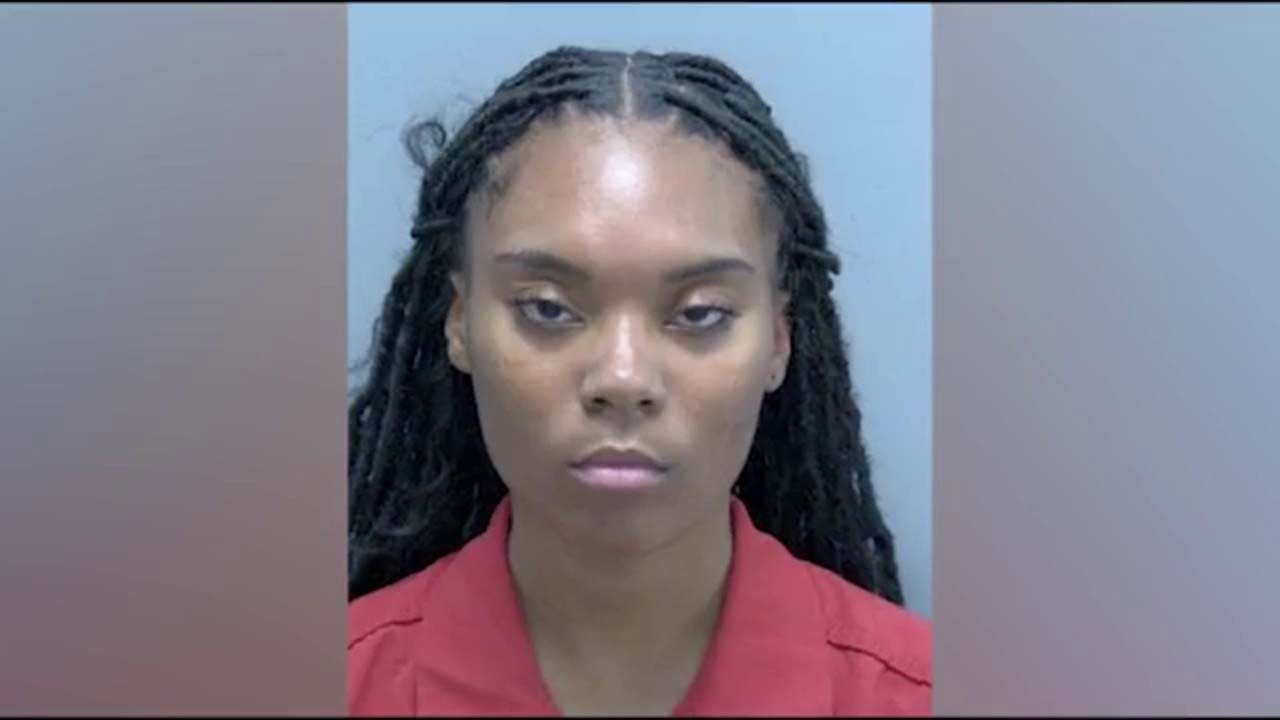Happy Friday! Today, we’re looking at younger voters and other demographic groups who are generally crucial for Democratic victories in presidential elections — but who may back other candidates or sit out this year’s election in greater numbers than usual. I’ve asked my colleague Shane Goldmacher to kick things off. — Jess Bidgood
The ex-Bernie Sanders pollster raising alarms about R.F.K. Jr.’s appeal among Latinos and young voters
Like many of his fellow Democrats, Ben Tulchin, a former pollster for Senator Bernie Sanders, is worried about President Biden’s chances against Donald Trump this fall. And like many Democrats, he is nervous about Biden’s current level of support among some core Democratic constituencies.
But Tulchin is warning any Democrat who will listen about one particular thing they might not have thought of: the possibility that Robert F. Kennedy Jr. will wind up siphoning off two traditionally Democratic voting groups — Latinos and younger voters — this fall.
He’s so worried that he paid for his own polling in two key battlegrounds, Arizona and Pennsylvania, which showed Kennedy drawing some of those voters away from Biden. He recently presented those findings to a consortium of Democratic groups and super PACs.
“I’m raising the alarm,” Tulchin said in an interview.
Tulchin’s concern is basically this: Latinos and younger voters, who flocked to Sanders, an independent, in the 2020 Democratic primary, were never that into Biden in the first place. Sure, they sided strongly with Biden in the general election. But, as Tulchin put it, “they weren’t enthused.”
Now he sees Kennedy, a former Democrat now running as an independent, as offering those voters a viable alternative outlet that is short of leaping all the way to Trump.
Tulchin said that 2020 was a two-dimensional race. “Now we’re playing multidimensional chess, and it becomes a lot more complicated,” he added.
A message that could appeal to crucial voters
Kennedy, who is polling stronger than any third-party candidate in decades, made the ballot in the critical battleground of Michigan this week. Well aware of the growing threat, President Biden appeared in Philadelphia on Thursday with a host of Kennedy family members — including R.F.K. Jr.’s sister — and received their endorsement. The Democratic National Committee has also mobilized a team specifically to combat Kennedy and other third-party candidates.
But Tulchin, a veteran pollster from San Francisco who has worked for a wide range of Democrats including Mayor Eric Adams of New York City, is worried his party is too narrowly focused on using Kennedy’s ties to the anti-vaccine movement as a way to discredit him. He has been listening to what Kennedy is actually saying on the campaign trail, which he described as a heavy dose of anti-establishment, anti-corporate economic populism.
In other words, Tulchin is hearing a variation of the Sanders message that sold so well to younger Democrats and Latinos.
“Young voters and Latinos respond really well to a hard-edge economic populist message — and that is not Biden’s message,” Tulchin said. “They’re dissatisfied about the political and economic status quo. And I see in that mind-set the potential opening to support a third-party candidate.”
It’s important to note that Kennedy is not yet on most states’ ballots. But when he has been included in polls, he has often registered in the high single digits. The New York Times included Kennedy most recently in a survey of battleground states last fall. In that poll, he was actually neck and neck with Biden and Trump among voters under 45.
Some national surveys seem to back up Tulchin’s concerns, because they show that Biden loses support among young and Latino voters when Kennedy is included as an option. A national Quinnipiac poll in late March showed that Trump increased his edge over Biden among Hispanic voters, to seven percentage points from three, after Kennedy was included in the survey. Similarly, Biden’s edge among younger voters was 20 points in the head-to-head race with Trump — and only nine points when Kennedy and other third-party candidates were included.
How Democrats are responding
Team Biden is taking the president’s relative weakness among Latino and younger voters seriously. There have been early television ads intended to appeal to them. In March, Biden traveled to Arizona, accompanied by his campaign manager, Julie Chavez Rodriguez, to announce his “Latinos con Biden-Harris” coalition.
“I need you,” Biden said to the crowd at the event.” I need you badly.”
Some Democrats are also aiming to erode Kennedy’s appeal among younger voters, including by highlighting his more hawkish comments on Israel at a time when most young voters are opposed to the country’s war in Gaza.
Sure enough, the hosts of the popular liberal show “Pod Save America” discussed that topic just this week.
Allies of President Trump have concerns, too. The leading pro-Trump super PAC just rolled out a website profanely mocking Kennedy’s famous initials and highlighting the former Democrat’s more liberal stances in an attempt to stop conservative voters from drifting his way.
But at the start of the race many strategists believe that Kennedy, a scion of the country’s most famous Democratic dynasty, is more likely to lure votes away from Biden than Trump.
“There is a permission structure created by the name and the legacy,” said Carlos Odio, co-founder of Equis Research, a Latino polling organization. “The question is whether it holds up under any kind of scrutiny.”
Matt Barreto, a Democratic pollster who does some work with the Biden campaign, said that in his other research he had not seen Kennedy’s name popping among Latinos, a demographic that Barreto focuses on. And while he said the Biden campaign would need to sell itself to younger voters and Latinos, he predicted it would ultimately succeed.
“R.F.K. is not a real candidate,” Barreto explained of Kennedy’s early appeal. “He is an idea.”
He continued: “When the Biden campaign puts in all of the work to show the contrast between Biden and Trump, many of those progressive-leaning and younger voters will find it impossible to vote for Trump — or R.F.K.”
But Tulchin says the belief that Kennedy will naturally fade away, as the choice between Biden and Trump becomes clearer for the public, is frustratingly misplaced.
“That is magical thinking,” he said.
QUOTED AND NOTED
A mother and son split over voting
Democrats aren’t just worried about Latino voters. They are also concerned about waning enthusiasm for Biden among Black voters, especially younger ones.
My colleague Maya King spotted a striking example of this for her story about an emerging generational divide among Black voters. Older Black voters who remember the civil rights movement, or their parents’ stories about it, appear more motivated to vote than the younger generation, Maya wrote.
Tari Turner, 52, told Maya this about her 34-year-old son, Brice Ballard.
“I make him vote. He votes. I don’t play about him voting. I’ll go pick him up to vote.”
But Ballard told Maya he is not currently planning to vote in November.
“I just don’t feel a connection with either candidate.”
Read Maya’s story here.
THE RUN-UP
One more challenge for Democrats: Introducing the youngest voters to Trump
Yes, President Biden’s approval rating has tanked among younger Americans. But his problem gets more acute with the very youngest voters, according to my colleague, Astead Herndon.
This week, on his excellent politics podcast “The Run-Up,” Astead spoke with Cristina Tzintzún Ramirez, the executive director of NextGen America, a Democratic group. In new polling, the group found that 18- to 24-year-olds were about equally likely to view Biden and Trump as a threat to the future. Here is an excerpt from their interview, edited for clarity.
AH: What was it about 18- to 24-year-olds specifically that you think was driving them to be less supportive of Biden than other cohorts?
CR: If you’re 18 years old, you were 10 years old when Donald Trump was elected. You probably had great parents that shielded you and didn’t want you to hear the sounds of crying babies’ being ripped from their mothers at the border, or the sight of Heather Heyer’s being run over by white supremacists in Charlottesville.
AH: Interesting. So the thing that most moved this cohort wasn’t just saying, “Here’s some good things Joe Biden’s done,” but even more than that was, “Here are some bad things Donald Trump has done?”
CR: Yes. We can tell the youngest voters: “You may have read news of Trump’s seeming to back away from an abortion ban. But little did you know that he was the president that nominated the Supreme Court justices to overturn Roe.” When you talk about his attacks on abortion, civil and human rights, that is a very big motivator for this generation.
Listen to the episode here.







